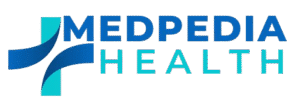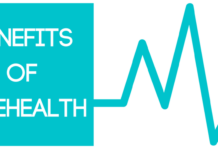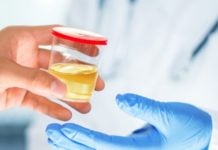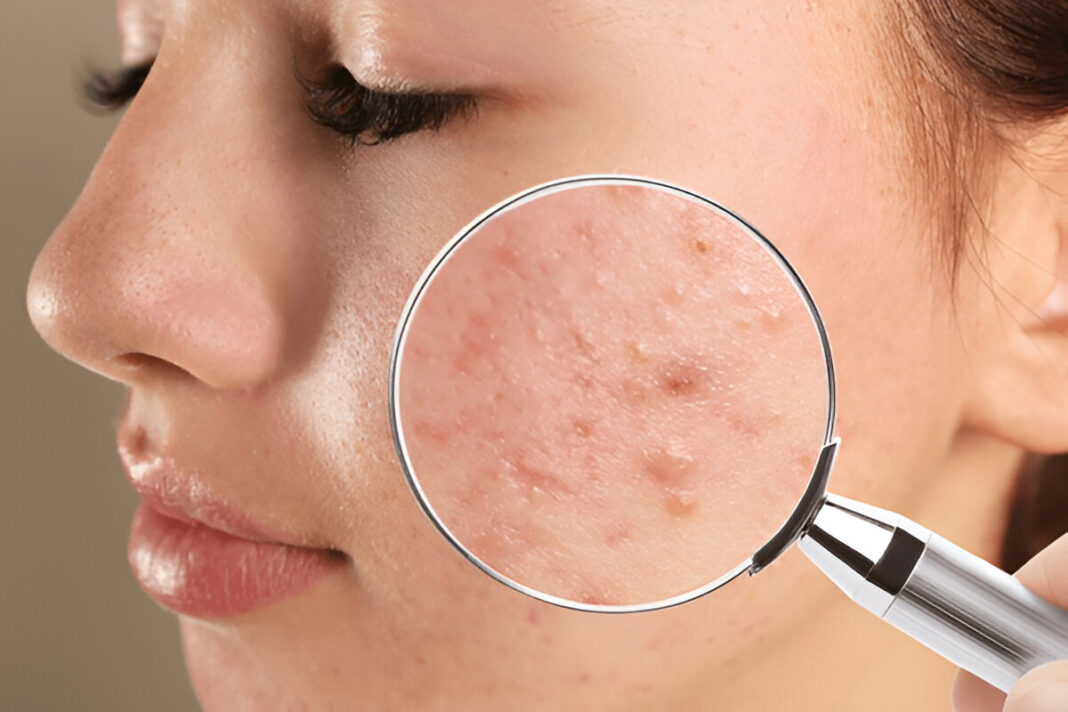Polycystic Ovary Syndrome, or PCOS, is a condition that affects many aspects of a woman’s life. It influences hormones, menstrual cycles, weight, fertility, and skin health. For many women, one of the most frustrating symptoms is persistent, hard-to-treat acne. These breakouts often show up around the jawline and chin, and no matter how many skincare products are tried, they seem to keep coming back.
Dealing with acne as an adult can feel disheartening. It chips away at your self-confidence and sometimes feels like a never-ending battle. Understanding what’s causing this type of acne is the first step to finally getting relief.
Why PCOS Causes Acne
The main issue lies in hormonal imbalance. Women with PCOS usually have higher levels of androgens, which are often referred to as male hormones. These hormones increase oil production in the skin. Excess oil clogs pores and leads to breakouts. PCOS-related acne is usually deeper, more inflamed, and longer lasting than the average pimple (Goodarzi et al., 2011).
This isn’t the typical teenage acne you might expect. It often doesn’t respond to common drugstore treatments because the issue isn’t just skin deep. It’s hormonal, and that means it needs a more complete approach.
How to Treat Hormonal Acne Caused by PCOS
You don’t have to suffer in silence or rely on trial and error forever. With the right approach, your skin can absolutely get better. Here’s what works best for many women.
1. Hormonal Birth Control Pills
Birth control pills are one of the most common treatments for PCOS-related acne. They help regulate hormone levels, especially estrogen and progesterone, which can lower androgen levels. With less androgen, there’s usually less oil production, which means fewer breakouts (Azziz et al., 2016).
However, birth control isn’t ideal for everyone. Some women experience side effects, and others may not want to take hormones. Always talk to a doctor to see if this is the right fit for your body and lifestyle.
2. Spironolactone: A Hormone Blocker That Helps Clear Skin
Spironolactone is a medication that blocks androgen receptors in the skin. This reduces oil production and can be especially helpful for women with jawline and chin acne. Research has shown that it’s effective for treating hormonal acne in women with PCOS (Chittiboyina et al., 2020).
It’s taken by mouth and may take a few months to show visible results. Your doctor may monitor your blood pressure and potassium levels while you’re using it, but many women find it extremely helpful for stubborn acne.
3. Improve Your Diet for Better Hormone Balance
What you eat affects your hormones more than you might think. Many women with PCOS benefit from a low-glycemic diet that keeps blood sugar levels stable. High blood sugar can raise insulin levels, which in turn can cause your body to produce more androgens.
Whole foods like vegetables, lean proteins, healthy fats, and complex carbs are your friends. Eating this way doesn’t just support clearer skin — it also helps regulate weight and energy levels (Moran et al., 2013).
4. Be Gentle With Your Skincare Routine
Even though the root cause is internal, good skincare still matters. Choose products with salicylic acid, benzoyl peroxide, or retinoids to help reduce inflammation and unclog pores.
Avoid harsh scrubs or overly drying cleansers. Stick to gentle, non-comedogenic, fragrance-free products that won’t irritate or block your pores.
5. Stress Less, Glow More
Stress doesn’t cause acne directly, but it can make it worse. High stress levels raise cortisol, which throws your hormones off balance. This can lead to more breakouts.
Try to carve out time each day for things that help you feel relaxed and centered. That could be a walk, yoga, journaling, or even just breathing deeply for a few minutes. Managing stress helps both your skin and your overall health.
6. Be Patient With the Process
PCOS acne doesn’t clear up overnight. Many women feel discouraged when progress is slow or when treatments don’t seem to work right away. But that doesn’t mean your skin can’t improve.
Celebrate small wins, and remember that healing takes time. Talk to a dermatologist or a specialist in hormonal health if you need extra support. You’re not alone, and there are solutions that really do work.
Hormonal acne from PCOS can be one of the most visible and emotionally draining parts of the condition. But understanding that the root cause is hormonal is empowering. With the right combination of medical treatment, lifestyle changes, and a gentle skincare routine, you can absolutely take back control of your skin.
You deserve to feel confident, comfortable, and in control. Progress may be slow, but it is happening. With patience and the right plan, clearer skin is within reach.
References
- Azziz, R., Carmina, E., Chen, Z., Dunaif, A., Laven, J. S., Legro, R. S., & Lizneva, D. (2016). Polycystic ovary syndrome. Nature Reviews Disease Primers, 2(1), 16057. https://doi.org/10.1038/nrdp.2016.57
- Chittiboyina, S., Katiyar, S. K., & Jha, A. (2020). Efficacy of spironolactone in treatment of acne in women with PCOS: A randomized controlled trial. Journal of Clinical and Diagnostic Research, 14(5), WC01–WC04. https://doi.org/10.7860/JCDR/2020/43989.13701
- Goodarzi, M. O., Dumesic, D. A., Chazenbalk, G., & Azziz, R. (2011). Polycystic ovary syndrome: Etiology, pathogenesis and diagnosis. Nature Reviews Endocrinology, 7(4), 219–231. https://doi.org/10.1038/nrendo.2010.217
- Moran, L. J., Ko, H., Misso, M., Marsh, K., Noakes, M., Talbot, M., & Teede, H. J. (2013). Dietary composition in the treatment of polycystic ovary syndrome: A systematic review to inform evidence-based guidelines. Journal of the Academy of Nutrition and Dietetics, 113(4), 520–545. https://doi.org/10.1016/j.jand.2012.11.020










